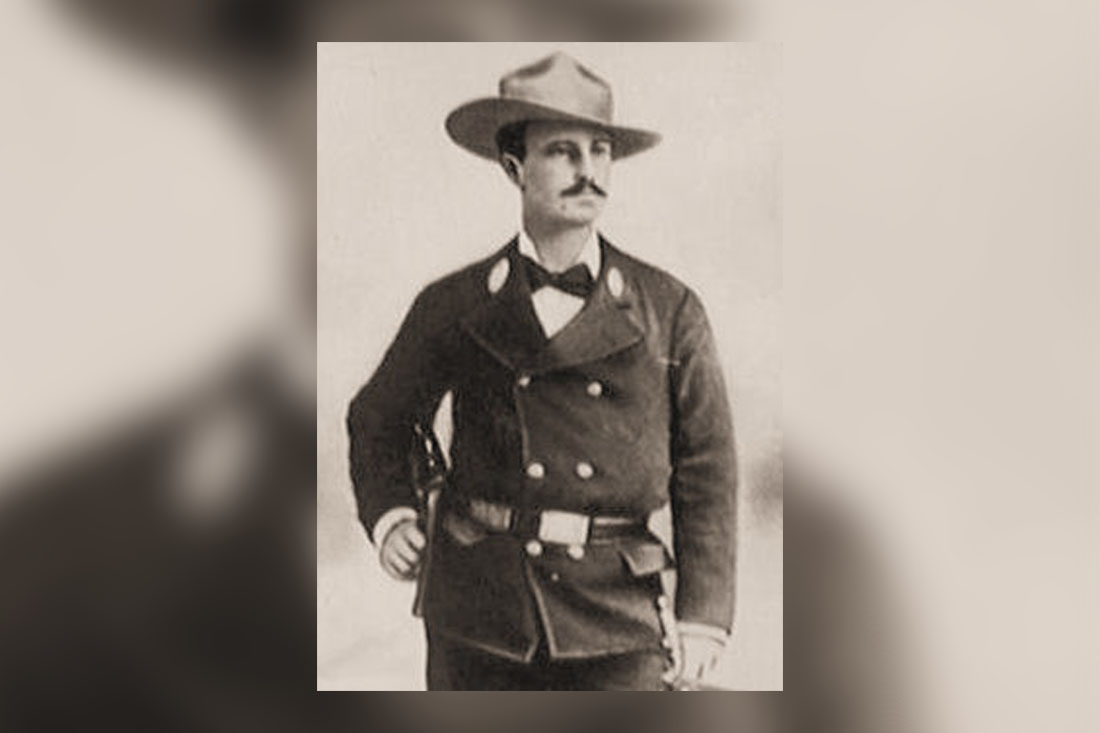Bernabé de Varona y Borrero, known from a very young age by the nickname “Bembeta”, was born on November 23rd, 1845 in Puerto Príncipe, today Camagüey.
Coming from a wealthy family, at the age of seven he was sent to study in the United States, since from a very young age he lost his father. In that country he learned English to perfection, and in 1856 he returned to his hometown. He became a skilled mechanic and worked in sugar mills, where he won the sympathy of the slaves for his preaching of liberty and equality. He was a tall man, with a graceful presence and great body, he seemed born to lead.
He toured various places in Cuba spreading his libertarian ideals; demonstrating with his courage and audacity the hatred of colonialism. An example of this was the Pazo-Bembeta event, according to Vidal Morales in his book Hombres del 68, that Eduardo Pazo was a Spanish bookseller, a neighbor of Puerto Príncipe, who rented one of his houses to the wealthy Concepción de Miranda to move his bookstore there. In order to build some shelves, Pazo opened a hole in the wall, finding jars full of gold.
Stories to tell
In the San Juan festivities of that year, the bookseller was driving with his family in a luxurious car, and as he passed in front of the Bernabé de Varona Philharmonic Society, always joking around, he threw some chickpeas with a blowpipe, to which Pazo replied angrily, and then “Bembeta” threw at him the cigarette butt he was smoking.
Immediately a group of sergeants arrived with machetes and bayonets and tried to dislodge those who were in it from the Society, but using their batons they fought the soldiers.
The following afternoon the Spanish guards returned to the Plaza de Armas, today Agramonte Park, and insisted on besieging the Philharmonic. Then the courageous young people who frequented the Society, among whom was “Bembeta”, threw themselves into the square where there was a violent encounter between both sides. From the beginning of the war, “Bembeta” showed his excellent abilities as a leader, and he soon stood out as one of the most courageous and fierce combatants.
Unforgettable work
Despite his young age, he served as Brigadier General Chief, he participated in different battles and skirmishes in which he took part and in which he was always the first to charge the machete in the front line. Thus achieving that he was assigned the mission abroad and raised funds to arm expeditions and bring war supplies to the field of the revolution that were so much needed.
In October 1873 he set out on the ship “Virginus” from New York, with a large shipment of arms that he brought for the war. The steamer arrived at Kingston, Jamaica, to complete the load and he was discovered by the peninsular authorities of Santiago de Cuba due to a betrayal. The ship was pursued by the gunboat Tornado, managing to capture the crew, but before that the revolutionaries managed to jettison the cargo.
The ship was taken to the port of Santiago de Cuba where the entire crew would be tried, the final decision of the court was the death penalty for all. When Bernabé appeared before the mayor of the prison, he was asked about his profession and he replied: “Soldier of the Homeland”, he did not want to receive the spiritual aid offered by the priests appointed by the peninsular.
On November 4th, he is taken to the gallows along with General George Washington Ryan, Jesús del Sol and General Pedro de Céspedes Castillo, brother of the Father of the Nation Carlos Manuel de Céspedes. He refuses to be blindfolded and to get on his knees, so he is shot from behind.
Translated by: Aileen Álvarez García






